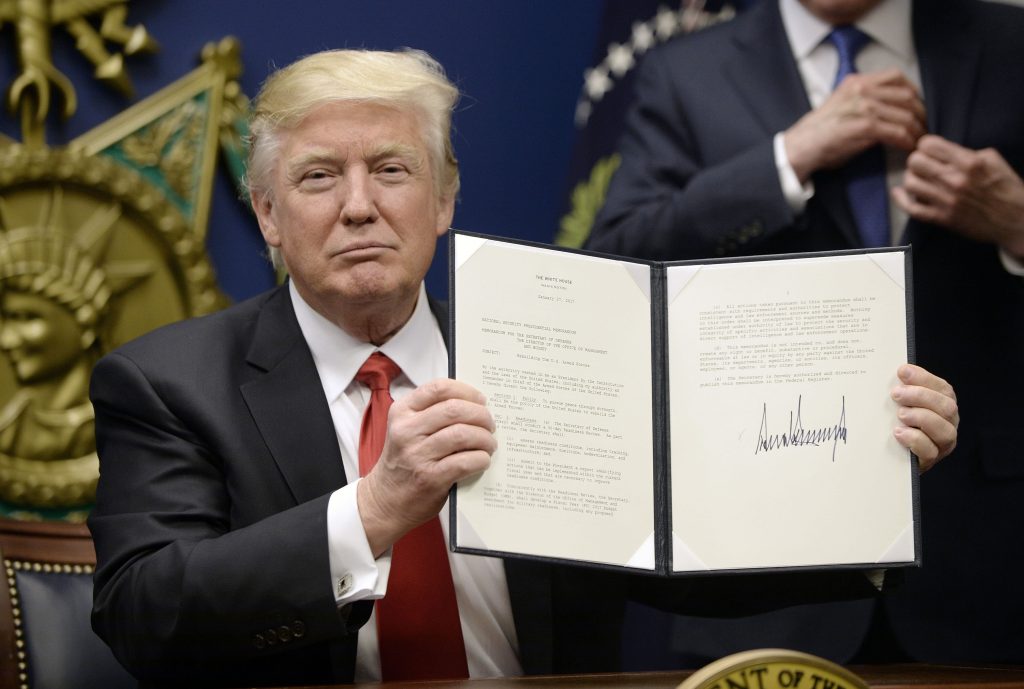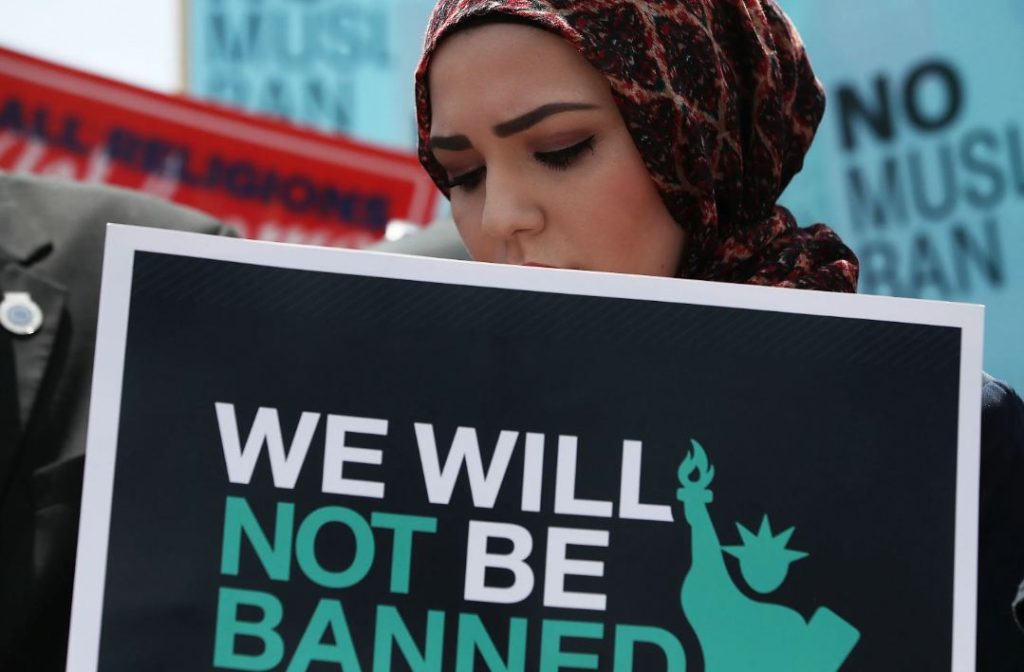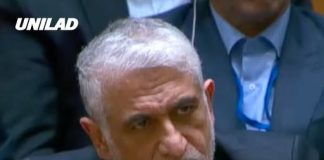The administration led by Donald Trump has introduced new guidelines for U.S. visa applicants that expand how health and financial status are evaluated. Consular officers have been instructed to assess whether applicants might become a “public charge” someone who would rely on U.S. government services by reviewing not only their finances and assets but also their long-term health outlook. Under this expanded approach, chronic medical conditions such as obesity, diabetes, cardiovascular disease, and certain metabolic disorders are now flagged as potential reasons for visa denial.
The Role of Obesity and Chronic Illness
One of the most prominent features of the new guidelines is the inclusion of obesity among the medical conditions that could trigger a visa denial. The directive specifically mentions that conditions linked to obesity — such as hypertension, sleep apnea and other associated diseases — may be a basis for rejecting an application if the applicant is unlikely to cover related future medical costs without turning to public assistance.
In essence, visa officers are being asked to estimate an applicant’s lifetime risk of requiring significant medical care and weigh that against their ability to support themselves financially.

Impact on Immigration Policy
This shift marks a notable departure from traditional visa screening, which primarily focused on communicable diseases, vaccination history, and criminal records. The new policy broadens the scope to non-infectious chronic conditions and introduces a stronger link between health status and immigration eligibility. Critics say the reliance on speculative assessments of future health risks places heavy discretion in the hands of consular officers, who are not medically trained and may make subjective judgments.
The move aligns with the broader immigration strategy of the Trump administration, which emphasizes reducing both legal and illegal immigration and limiting access to social services for incoming immigrants.
Responses and Legal Questions
Immigration advocates and legal experts have raised concerns about fairness, transparency and feasibility. One major question is how reasonable it is to expect consular officers to evaluate an applicant’s future health costs, employment ability and risk of institutionalisation when they are not trained medical professionals. Some argue the policy risks discriminating against people with disabilities or chronic health conditions. On the other hand, government spokespeople have defended the change, saying that the immigration system must prioritise American taxpayers and ensure that newcomers are self-sufficient.
Who’s Affected and How It Works
According to available details, the guidance is primarily aimed at immigrant visas (those seeking residency) rather than short-term visitor visas. Applicants are told to submit evidence of financial resources — bank accounts, assets, employment prospects — and consular officers may ask about applicants’ dependents, their health conditions, and the likelihood of needing long-term care.
While anyone with certain medical conditions is affected, the policy is expected to hit hardest those with low incomes, older applicants, or those with dependents requiring care.

Broader Implications
This policy raises questions about how immigration goals intersect with public health and social welfare. On one level, the policy suggests that health status can determine immigration eligibility, which may set a precedent for further adjustments linking other factors (e.g., age, medical cost risk) to visa decisions. At the same time, the change may deter potential immigrants who fear exclusion based on health rather than merit. The policy also highlights tensions between wanting to open doors for newcomers and wanting to protect public resources.
What to Watch Going Forward
Observers will be watching how consistently the new rules are applied, how many visa applicants are refused on health-based grounds, and whether legal challenges emerge. Key areas include: how “public charge” is interpreted in individual cases; whether applicants have adequate opportunity to present evidence; and how transparent the decision-making process is. Immigration advocates may challenge the policy’s reliance on speculative projections of future costs or argue it discriminates against people with chronic conditions. The policy rollout may also influence how other nations regard U.S. visa policy and could prompt changes in how health and immigration are linked globally.

















